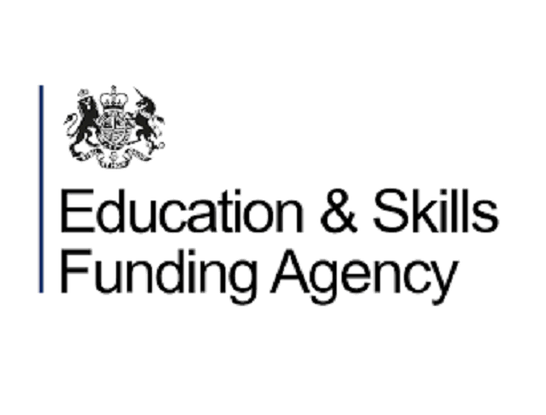How #apprentices in England are assessed

An apprenticeship is a genuine job with an accompanying skills development programme. An apprenticeship can be a standard or a framework. Apprenticeship standards will replace all the old apprenticeship frameworks by 2020.
Through their apprenticeship, apprentices gain the technical knowledge, practical experience and wider skills they need for their job and career. The apprentice gains this through a mix of learning in the workplace, formal off-the-job training and the opportunity to practise new skills in a real work environment.
Assessing the apprentice’s knowledge and experience depends on the type of apprenticeship they’ve completed:
Standards
Apprentices doing standards have their skills, knowledge and behaviours evaluated at the end of their apprenticeship by taking an end-point assessment (EPA). This is known as synoptic assessment.
Assessment plans set out the specific criteria for each EPA.
From 1 October 2019 the government will not fund apprentices to start on a new standard until an end-point assessment organisation (EPAO) has given an ‘in principle’ commitment to deliver the EPA. Read the full statement.
Frameworks
Apprentices doing frameworks have their skills and knowledge continually evaluated by their training provider during their apprenticeship. Individual qualifications might be graded, but the overall apprenticeship is simply ‘achieved’. This is known as formative assessment.
Who assesses apprentices
Standards
Assessments must be carried out by a government-approved end-point assessment organisation (EPAO), or in such a way that no party who was involved in the apprenticeship can make the sole decision on competence and passing the end-point assessment.
The EPAO:
- conducts a full and independent EPA of an apprentice’s skills and capabilities
- adheres to any specific arrangements or additional criteria set out in the standard’s assessment plan
- adheres to quality assurance requirements
- informs the Education and Skills Funding Agency (ESFA) when an apprentice has passed their EPA so that the ESFA can issue the apprenticeship certificate
Frameworks
Assessments are usually carried out by the training provider, and externally assured by an awarding organisation for recognised qualifications.
Contact the training provider to find out who assess a specific framework.
Certification
An apprenticeship certificate provides formal recognition that an individual has achieved their apprenticeship.
Responsibility for processing an apprentice’s certificate depends on the type of apprenticeship:
Standards
EPAOs must request a certificate on behalf of an apprentice through the Apprenticeship assessment service.
You can access the service to request certificates at anytime.
We aim to issue publicly funded apprenticeship certificates within 10 working days of your request.
We will send out privately funded certificates once we have carried out independent validation with the training provider.
Record multiple assessments with ease
Our Record a grade API will help you to:
- record all grades
- submit one or more certificate requests at once
- reduce errors and increase speed
Frameworks
Apprentices and training providers can apply for a certificate from Apprenticeship Certificates England.
Does an end-point assessment count towards a qualification?
No. The EPA is separate from any qualifications or other assessments that the apprentice may undertake during their apprenticeship.
Finding an end-point assessor
Apprenticeship standard summaries published on the find apprenticeship training service have a list of approved EPAOs for that standard.
You can’t select an apprentice’s training provider to be the EPAO unless the assessment plan allows it.
End-point assessment costs
The cost of each EPA varies according to the requirements set out in the standards – such as assessment tools, location, methods and estimated completion times. However, the EPA is not expected to cost more than 20% of the overall funding for the standard. The expected cost of the EPA is set out in the assessment plan.
How to become an end-point assessment organisation
The ESFA have an application process on how to apply to the register of end-point assessment organisations.
EPAOs must have:
- current and relevant occupational experience of the standard
- relevant assessment experience and expertise
- expertise and capacity to design, develop and deliver the EPA methods as set out in the assessment plan
Published 25 June 2018
Last updated 12 September 2019 + show all updates
- We’ve added information on the new Record a grade API.
- We’ve added information about the launch of new digital service for recording privately funded apprenticeship certificates.
- First published.











Responses